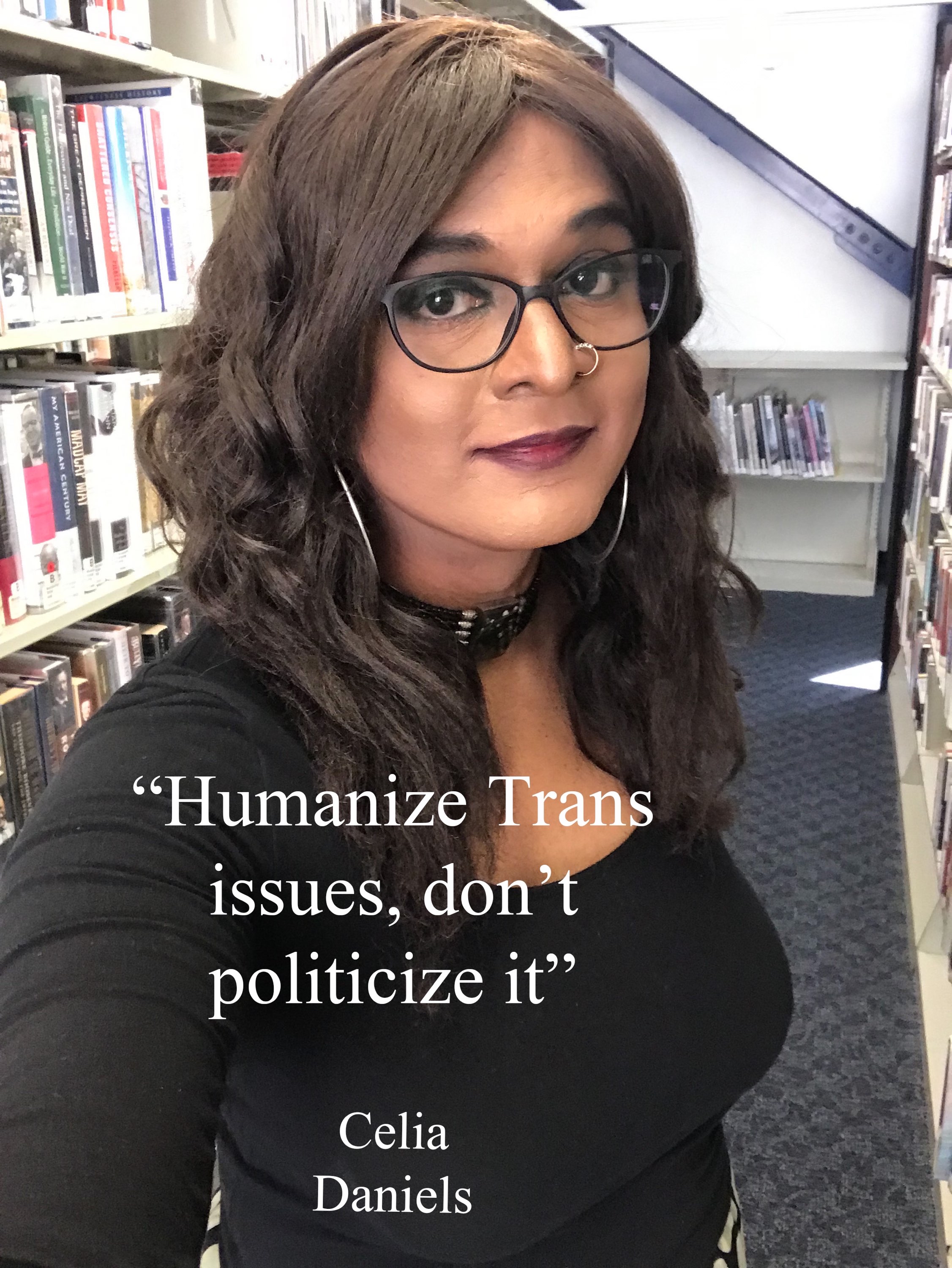Can climate change affect Transgender communities?
- Rebekon Consulting LLC

- Sep 12, 2024
- 3 min read

Can climate change affect Transgender communities?
Climate change is a global crisis affecting communities worldwide, with its impacts felt unequally across different social strata. Recent studies show that vulnerable populations, including the transgender community, face heightened risks. Globally, approximately 25 million people are displaced each year due to climate-related disasters, a number that includes a disproportionate representation of marginalized groups. Additionally, the transgender population, which constitutes an estimated 0.6% of the global population, often experiences unique challenges exacerbated by climate change.
These challenges stem from systemic inequalities, such as higher rates of poverty, health disparities, and social stigmatization, making them more vulnerable to the adverse effects of climate change. As we delve into the specific impacts on transgender communities, it’s crucial to understand the intersection of these global issues and the need for inclusive and equitable solutions in our response to the climate crisis.
Economic empowerment is key to improve the social situation for transgender individuals in the face of climate change, it's important to foster inclusive work environments, provide targeted job training and education programs, and enforce anti-discrimination laws in the workplace. Additionally, integrating transgender perspectives in climate change policies can help ensure that their employment needs are addressed in a changing economy.
Transgender people often face higher levels of unemployment or underemployment. The economic disruptions caused by climate change, like job losses in certain sectors, can hit them harder.
The job situation for transgender individuals, particularly in the context of climate change, involves several key factors:
Higher Unemployment and Underemployment: Transgender people often face discrimination in the workplace. This can lead to higher rates of unemployment or underemployment, making it difficult for them to secure stable, well-paying jobs.
Climate Change Impacting Job Sectors: Certain industries are more vulnerable to the effects of climate change, such as agriculture, fishing, and tourism. Transgender individuals working in these sectors may face job losses or reduced incomes.
Barriers in New Job Markets: As the economy shifts towards renewable energy and sustainable practices, new job opportunities arise. However, transgender individuals might face barriers in accessing these new job markets due to discrimination or lack of resources for training and education.
Healthcare Needs Affecting Job Stability: The specific healthcare needs of transgender people, such as hormone therapy or surgeries, require consistent medical attention and might impact their job stability, especially in jobs without adequate healthcare benefits or sick leave policies.Transgender individuals often face barriers in accessing healthcare. Climate-related events can disrupt healthcare services, making it more difficult for them to receive hormone treatments, surgeries, or other necessary medical care.
Workplace Inclusivity: A lack of inclusive policies and practices in the workplace can create hostile environments for transgender employees, affecting their job performance and opportunities for advancement.
Housing Insecurity: Many transgender people face housing discrimination and have higher rates of homelessness. Extreme weather events, such as floods or hurricanes, disproportionately affect those without stable housing.
Climate change can have specific impacts on transgender communities across the world, exacerbated by pre-existing social and economic vulnerabilities:
Discrimination in Emergency Services: During natural disasters, transgender individuals may avoid emergency shelters and relief services due to fear of discrimination and violence, putting them at greater risk.
Mental Health Stressors: The psychological impacts of climate change, such as anxiety and trauma from extreme weather events, can compound the mental health challenges that many transgender individuals already face due to societal stigma and discrimination.
Marginalization in Climate Policy and Action: Transgender voices are often underrepresented in climate change discussions and policies, leading to a lack of targeted support and resources.
Addressing these impacts requires inclusive climate policies and social support systems that specifically consider the needs and vulnerabilities of transgender communities.




Comentários